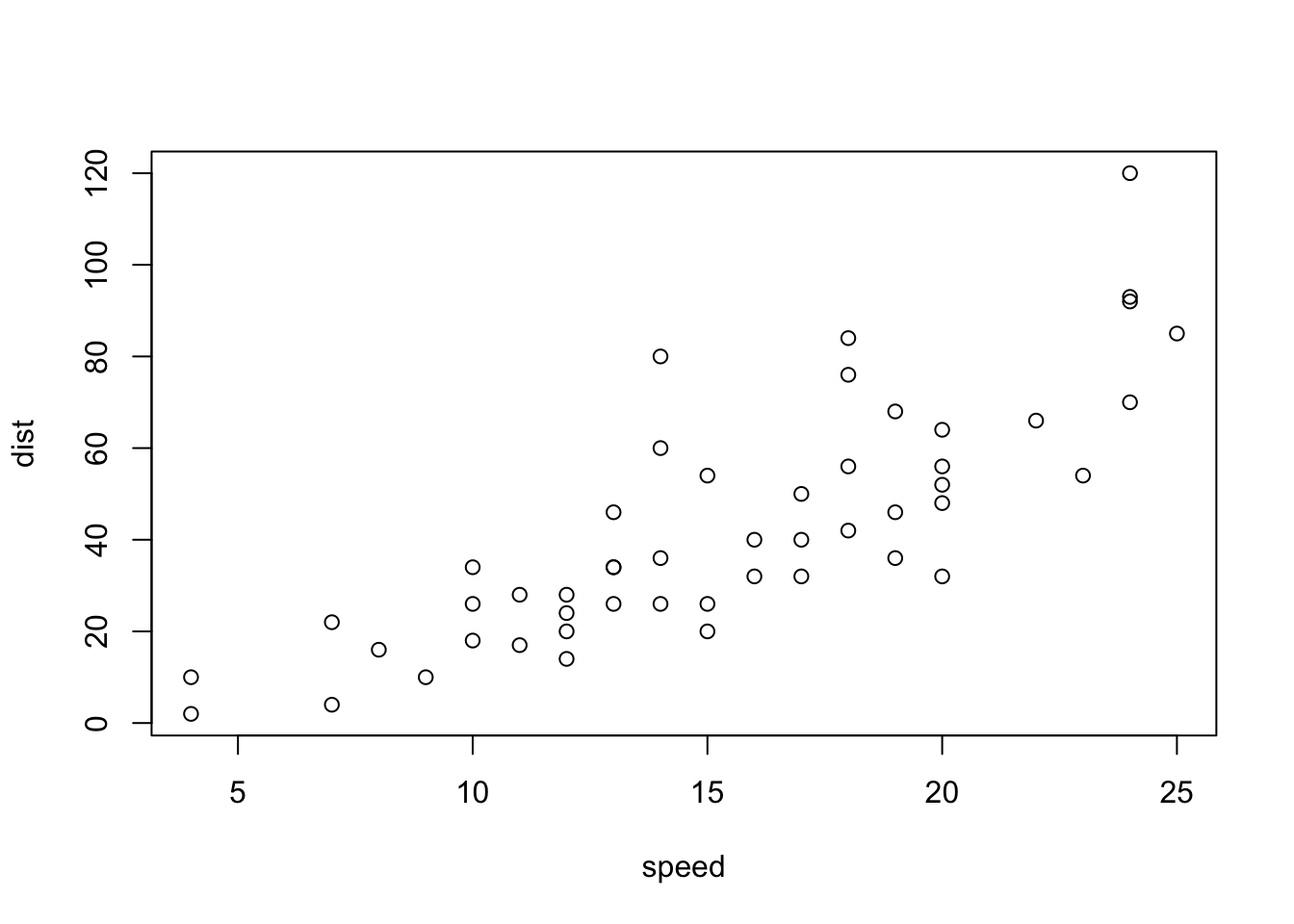Researching and writing for Economics students
2019-12-01
Abstract
An interactive guide to doing and presenting research (papers, dissertations, etc) in Economics and related fields, aimed at undergraduates and beyond.About this work
Note to friends I’ve asked to look at this book…
Thanks for looking at this. You can leave feedback however you like, including via ‘hypothes.is’ as suggested just below. Let me know if you want acccess to the github account. This is a work in progress; I’ve moved most, but far from all of the content over from my previous notes on this, which date from 2014. This was mainly targeted at the Essex Undergraduate Economics students; roughly 400 a year were required to write dissertations. I’m still working on adding in material from my previous slides, integrating content and formats, filling gaps, and updating things. To do this right will take a lot more work, and I may need to seek funding – let me know if you have any ideas about potential grants/funders. I’m also interested in potentially joining forces with other authors.
0.1 Preface
I do not consider myself to be a Great Writer1, but I hope that my advice will nonetheless offer a good foundation.
I intend this work, as a ‘web book’, to be a living resource, continuously improving, building content, and incorporating feedback and collaboration. I will try to make this as interactive and responsive as possible.
Leaving feedback, asking questions, seeking other’s feedback/notes/questions:
All feedback is appreciated, and I will try to respond to your questions. An easy way to take notes and leave feedback: sign up for ‘hypothes.is’ and you can put your ‘public notes’ directly on this web book. Don’t worry, these comments are saved even if the web book is updated.
This book is in Open Review. We want your feedback to make the book better for you and other students. You may annotate some text by selecting it with the cursor and then click the on the pop-up menu. You can also see the annotations of others: click the in the upper right hand corner of the page
If you have benefitted from this work (and you are not one of my students), please consider giving me some sort of ‘’kudos’’ on Twitter or wherever. One way to materially express gratitude: make a donation in my honor to an effective and international charity, such as those listed at givewell.org. If you make this donation and share it on a social media site with the hashtag #DRWritingEcon, that would be greatly appreciated.
Licence
Essentially:
You can use this freely and create other versions as long as you give proper attribution, and you make your work publicly available
You cannot sell this or use it, or any part of it, for commercial purposes
https://creativecommons.org/licenses/by-nc-sa/4.0/

Researching and writing in Economics (Essays, term paper, dissertations for Economics undergraduates and MSc students) by David Reinstein is licensed under a Creative Commons Attribution-NonCommercial-ShareAlike 4.0 International License.
0.2 Examples of the sort of fancy interactive stuff I hope to incorporate in this web book
Thanks to Yihui and many others, this book should permit lots of flexible tools. Trying some of these below (with code shown, but it could also be hidden). Thanks Yihui for the Bookdown package.
My web pages
(This page couldn’t embed)
Scary math
\[\Theta = \begin{pmatrix}\alpha & \beta\\ \gamma & \delta \end{pmatrix}\]
R code and data
These are “code chunks”
## [1] 0.42915445 1.29679040 0.84975317 -0.02996717 -0.25569895
## [6] -1.14311563 0.35446489 0.02091978 -0.65683508 0.09306827
Figure 0.1: A figure caption.
And I can refer to the results of the r code in the text itself, e.g., by writing
`` one plus one equals ` r x ` ``I get … one plus one equals 2.
Other fancy stuff
Key Concept 5.4
Heteroskedasticity and Homoskedasticity
- The error term of our regression model is homoskedastic if the variance of the conditional distribution of \(u_i\) given \(X_i\), \(Var(u_i|X_i=x)\), is constant for all observations in our sample: \[ \text{Var}(u_i|X_i=x) = \sigma^2 \ \forall \ i=1,\dots,n. \]
“Note”
“Aside” notes look like this.
Warnings look like this.
0.3 Why am I writing this book?
To the best of my knowledge, as of today, 29 Jul 2019, there is no detailed useful guide to writing and doing Economics research targeted at undergraduates (and UK-style MSc students).
Some good resources are available but these:
Are mainly targeted at a higher level, and emphasize more advanced, nuanced points, or focus on a particular part of the project
are not all publicly-available (open-access)
are not interactive nor ‘web-based’.
The third point is crucial: in my opinion the standard ‘textbook’ is dead. Particularly for a topic like thi s, we need a living resource, which can:
enable organised feedback and discussion forums.
be continually improved in light of feedback,
be updated to address new issues and standards in Economics,
… and new research technology,
have hyper-linked content,
and incorporate interactive tools.
0.4 Using this book
Is it helpful?
Some things I write here may seem obvious. But try to think “why is he emphasizing these points?” I have collected these suggestions through years of experience.
There is evidence.
Every year many students:
make similar errors
waste time on the wrong things
and fail to take simple steps that would greatly help them
Markers find the same shortcomings year after year. If you pay attention, you can be smarter than that!
The structure of this book; what to read and when
Notes for instructors and course organisers
Note: related pptx slides (covering Ch 1-3, adapted to Exeter) are downloadable:
At least one of my un-named research co-authors will heartily agree with this statement.↩